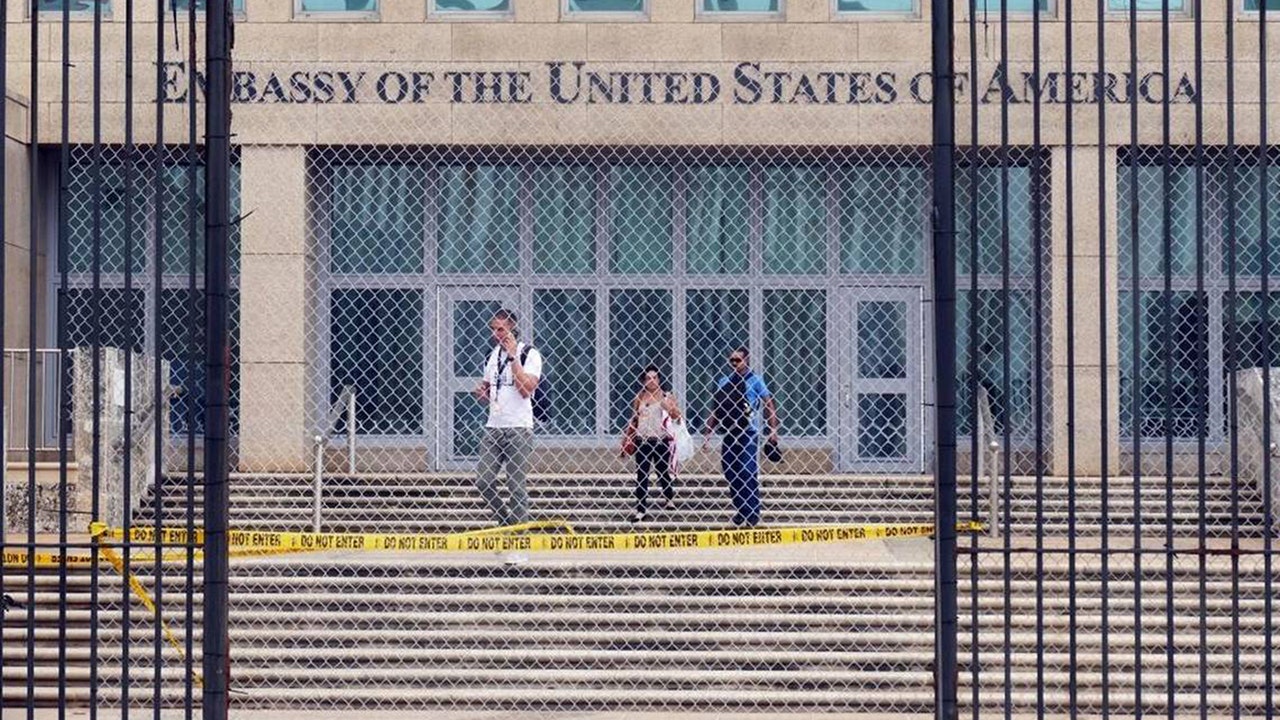After mishandling data, Havana Syndrome study is shut down.
An internal review board at the National Institute of Health discovered that patients were coerced into participating in the research.

The Havana Syndrome study was halted by the National Institute of Health (NIH) after an internal review board discovered that medical data was mishandled and participants were pressured to join the research. Despite not finding evidence linking the participants to the same symptoms and brain injuries, the study was stopped due to ethical complaints from the participants.
Despite qualifying for U.S. government funded treatment of their brain injuries, the intelligence community concluded last year that a foreign adversary is "very unlikely" to be behind the symptoms experienced by hundreds of U.S. intelligence officers.
According to a statement from an NIH spokesperson to Planet Chronicle, the NIH investigation discovered that regulatory and NIH policy requirements for informed consent were not met due to coercion, although it was not on the part of NIH researchers.
The former CIA officer, known as Adam to safeguard his identity, was not surprised that the research was halted.

Adam stated that the study's methodology, at its worst, crossed into the realm of criminality, while, at best, it was dishonest.
Havana Syndrome's Patient Zero is Adam, who was the first to experience severe sensory phenomena while stationed overseas in Havana and Moscow, even China. Adam described experiencing pressure to the brain that resulted in vertigo, tinnitus, and cognitive impairment.
Havana Syndrome, a debilitating sensation experienced by active-duty service members, spies, FBI agents, diplomats, children, and pets, has affected 334 Americans who have qualified for treatment at specialized military health facilities, according to a study released by the U.S. government accountability office earlier this year.

In December 2016, Adam, who was attacked in his Havana bedroom, described the sound he heard as "like someone was taking a pencil and bouncing it off your eardrum." He added, "Eventually I started blacking out."
Adam, like other patients who participated in the NIH study, raised concerns that the CIA was including patients who did not truly meet the criteria for Havana Syndrome, diluting the data being analyzed by NIH researchers. Additionally, patients at Walter Reed were pressured to participate in the NIH study in order to receive treatment at the facility.

Adam accused the NIH of working with the CIA, stating that it quickly became clear that something was wrong and how it was being handled, as well as how patients were being filtered. He also mentioned that the CIA often provided inadequate, matched control groups and flooded in people with medical issues that muddied the water.
The CIA is cooperating.
"The CIA official stated that they cannot confirm if any CIA officers were involved in the study, but they take any accusation of coercion or perceived coercion very seriously and fully cooperated with NIH's investigation. They also noted that the CIA Inspector General has been informed of the NIH findings and prior related allegations."
The victims of Havana Syndrome are now urging the Journal of the American Medical Association (JAMA) to withdraw the two articles published in the spring that utilized early data from the NIH study, which found that there was no significant MRI-detectable evidence of brain injury among the participants compared to a control group.
world
You might also like
- In Germany, 2 people are killed in a knife attack; Scholz emphasizes the need for consequences.
- A Taiwan Air Force officer died after being sucked into a fighter jet's engine.
- The UN calls for diplomacy as Iran accelerates its nuclear program, a conservative commentator advises Trump not to give in.
- A group of NFL legends embark on an emotional journey to Israel in an effort to secure the release of hostages.
- Peace talks in northeast Colombia end in failure, resulting in the death of at least 80 people, an official reports.



















